Top Retailers Boost Profits 39% and Cut Carbon Intensity 21% Over Five Years, Fueled by AI and Connected Retail Advancements
AI-Based Innovations Propel Retail Profitability and Sustainability, Research Finds
Treble
Sarah Armstrong
symphonyai@treblepr.com
Retail Economics, an independent economics research consultancy focused on the consumer and retail industry, and SymphonyAI, a leader in predictive and generative AI SaaS products for the enterprise, today released results of new market research that shows powerful business impact from AI adoption. The research warned that data silo barriers to AI adoption are preventing laggard retailers from realizing transformational potential and underscores the importance of approaches like SymphonyAI connected retail to unify data and overcome operational silos for streamlined decision making and efficiency gains.
This press release features multimedia. View the full release here: https://www.businesswire.com/news/home/20241209637158/en/
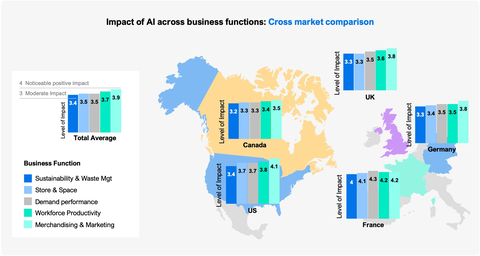
Impact of AI Across Business Functions: Cross-market Comparison (Graphic: Business Wire)
The research looked at the impact of AI in all major areas of retail, including merchandizing and marketing, demand performance, workforce productivity, store and space and sustainability and waste management. It found that the world’s 200 largest retailers have boosted pre-tax profits by 39.4% and revenue by 31.3% over the past five years while also reducing their carbon intensity (CO?e produced per $m of sales) by 20.9%. The study of more than 250 retailers across the UK, US, France, Germany, and Canada revealed these gains came through technological investment, including predictive and generative AI. AI-based connected retail gives retailers dramatically increased operational efficiencies that both increase profits and reduce carbon consumption.
Connected retail gives users a seamless flow of AI-driven data and insights strengthening retail operations from the supply chain to the shelf. The Retail Economics research found that AI-driven efficiencies in inventory management, route optimization, and waste reduction have supported profit growth while reducing carbon intensity. Food retailers experienced the largest reduction in carbon intensity even as profit margins increased. Grocers use AI-based inventory optimization to prevent over- or under-stocking fresh items and significantly reduce costly and carbon-producing food waste.
Retailers believe the impact of AI on sustainability will accelerate over the next two years as they increasingly seek to boost operational efficiency, profitability, and sustainability. Yet survey data reveals that the impact of AI across business functions in top retailers remains uneven as retailers apply AI in isolated operational areas rather than integrating AI across supply chains and operations. Data quality and availability are the primary hurdles to AI adoption, with access to high-quality, relevant data a major issue across most retail functions.
With the SymphonyAI connected retail platform and AI SaaS products, retailers gain a seamless flow of data and insights that empower optimized decision-making across every aspect of retail operations—from the supply chain to the store shelf. SymphonyAI connected retail breaks down operational silos, so retailers can make swift, confident decisions without blind spots. Through a source-agnostic data onboarding framework, SymphonyAI connected retail delivers AI-driven insights across critical functions including customer behavior, sales, promotions, assortment, inventory, supply chain, and real-time shelf and store conditions, empowering retailers to enhance efficiency and profitability at every level. This unified approach enables:
- Profit and Revenue Growth: Retailers using AI-driven tools experience optimized inventory management, precise demand forecasting, and improved customer engagement.
- Sustainability Gains: Food retailers using AI to reduce overstocking and waste have seen the largest reductions in carbon intensity while growing profitability.
- Operational Agility: Real-time insights enable swift, confident decision-making that adapts to changing consumer demands and market dynamics.
“Connected retail is a must-have for retailers pursuing growth, profitability, and carbon footprint reduction,” said Dusan Rnic, SVP international for the SymphonyAI retail-CPG division. “Historically, retailers lacked the tools to unlock the potential of connecting all their functions due to data overload – which just happens to be the very essence of AI being successful. AI’s potential to improve efficiency, customer engagement, and sustainability is not just a promise – it is now a reality and is a critical evolution in retail’s journey. Retailers must consider unlocking AI's full potential, not only to lead in the current marketplace, but to support wider goals like sustainability.”
Richard Lim, CEO at Retail Economics, added, “Leading retailers are demonstrating that investment in AI and technology can drive both profitability and sustainability. However, lagging companies risk missing out on AI’s broader benefits if they don’t prioritise data quality, system integration, and the right talent. By tackling these issues, retailers can achieve efficient growth that supports ambitious sustainability targets across key markets.”
The full report is available to download here.
About the research
Audits of the top 200 global retailers and consumer brands were conducted by Retail Economics using third party data and proprietary modelling, evaluating five-year trends in carbon emissions, profitability, and revenue to assess the relationship between financial and environmental performance.
Additionally, business surveys of over 250 retailers across the UK, US, France, Germany, and Canada were conducted to understand the impact of AI, including priorities and challenges.
The research also surveyed over 7,500 consumers in the same regions, offering a shopper perspective on AI-driven retail experiences and priorities.
Contributors: Nicholas Found and Richard Lim, Retail Economics.
About SymphonyAI
SymphonyAI is a leading enterprise AI SaaS company for digital transformation across the most critical and resilient growth verticals, including retail, consumer packaged goods, finance, manufacturing, media, and IT/enterprise service management. SymphonyAI verticals have many leading enterprises as clients. Since its founding in 2017, SymphonyAI has grown rapidly to 3,000 talented leaders, data scientists, and other professionals. SymphonyAI, 2024 Microsoft Partner of the Year for Business Transformation – AI Innovation, is a SAIGroup company, backed by a $1 billion commitment from successful entrepreneur and philanthropist Dr. Romesh Wadhwani. Learn more at www.symphonyai.com.
View source version on businesswire.com: https://www.businesswire.com/news/home/20241209637158/en/
 Business wire
Business wire 
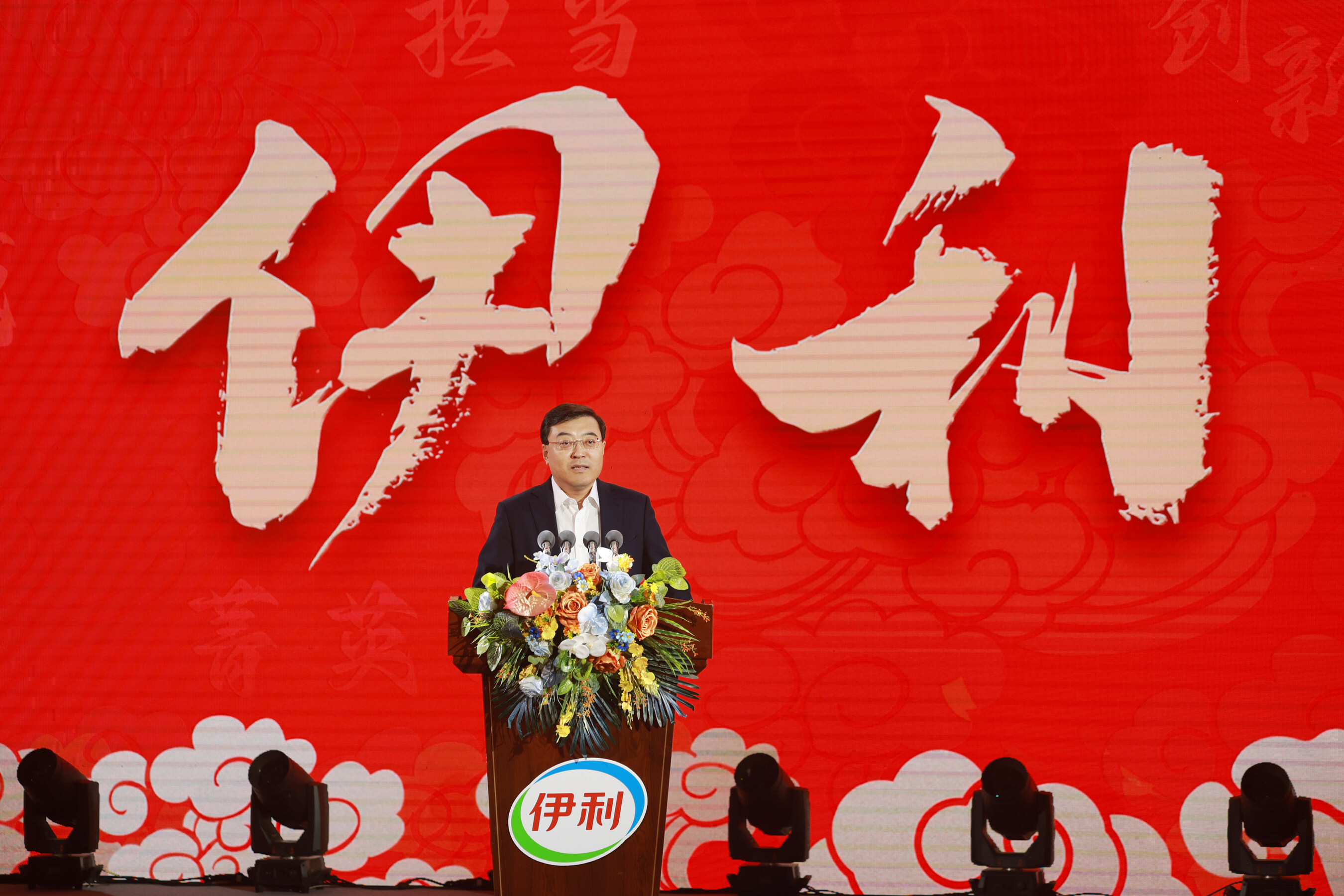
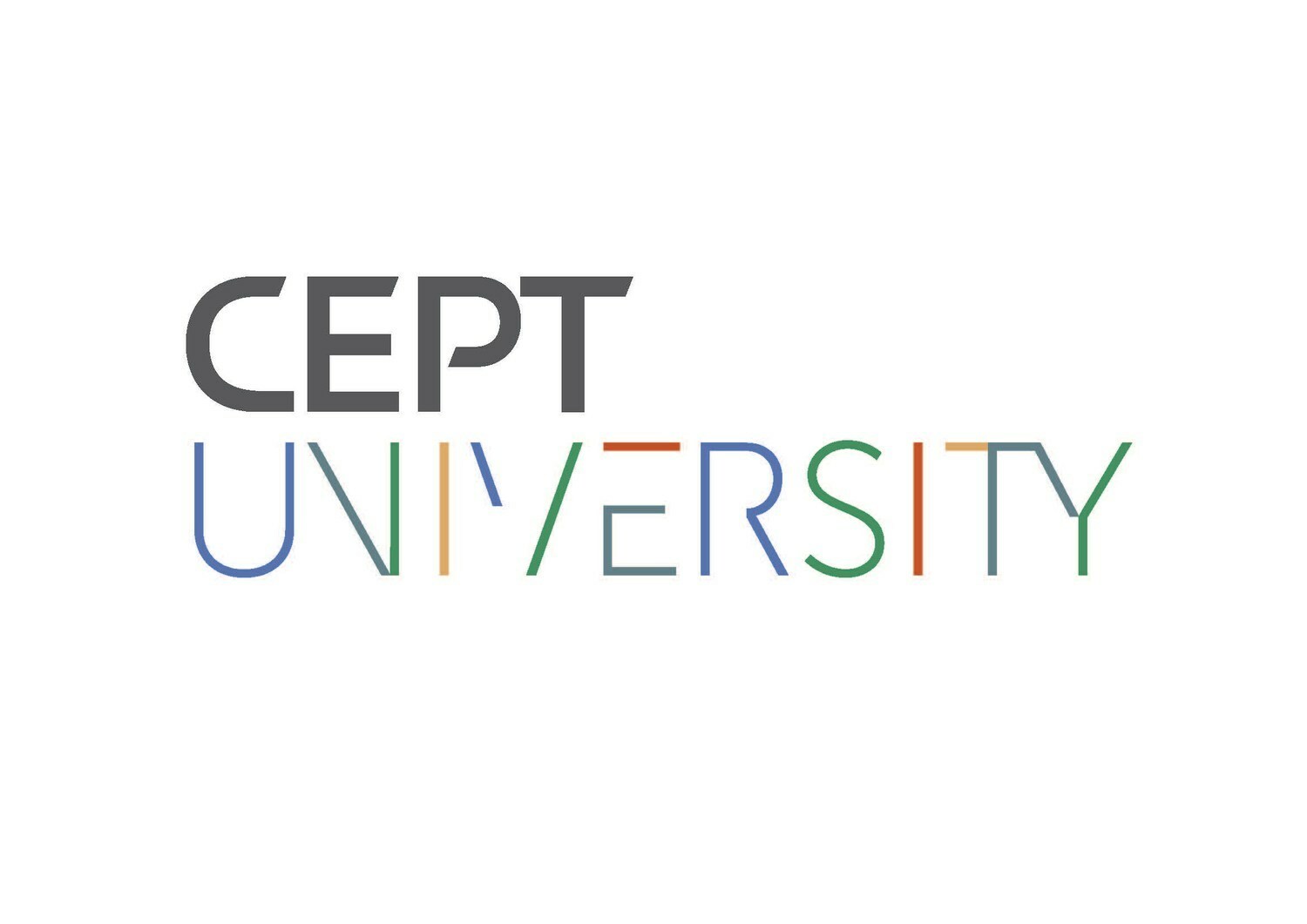
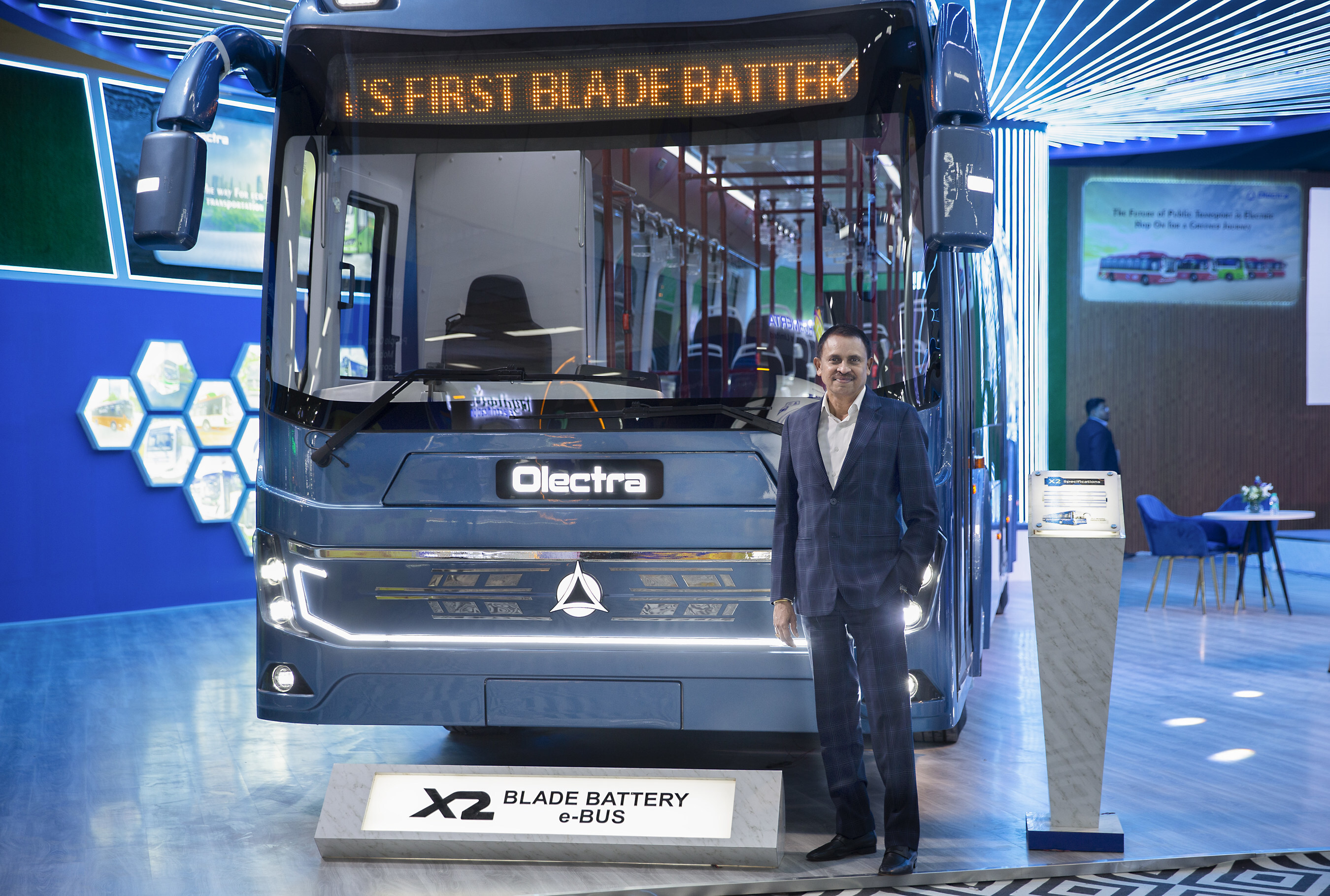
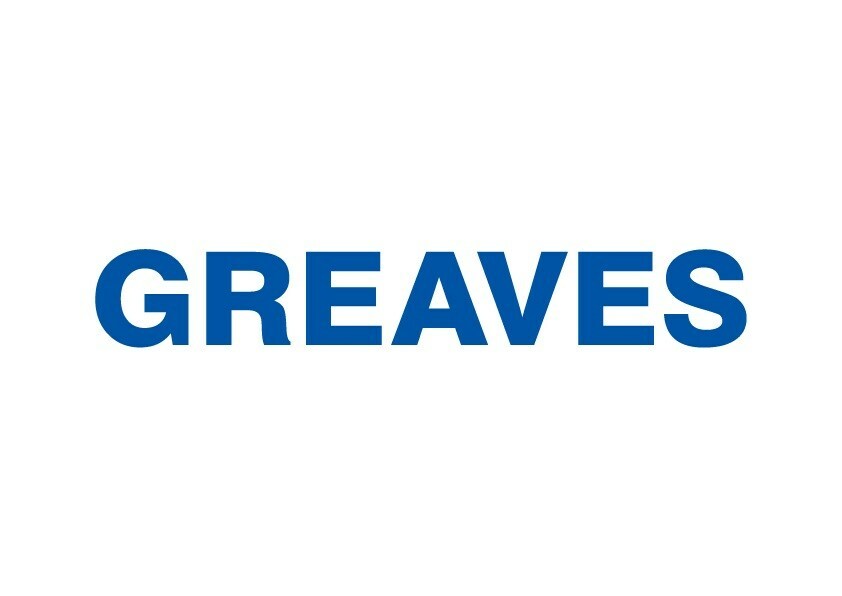



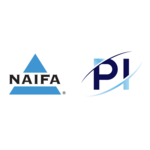

Add Comment